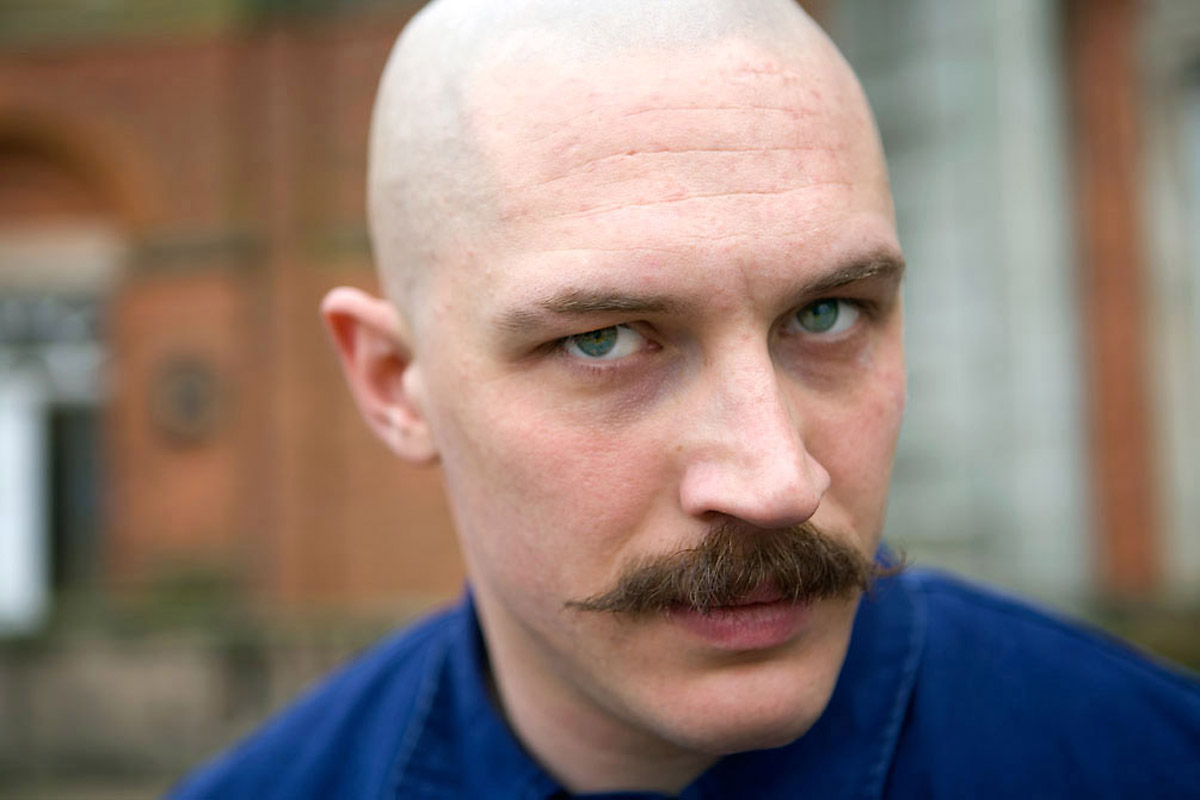
Whilst cinematic biographies or ‘biopics’ have been present throughout the history of film, we have no doubt seen an influx in quantities over the past few decades as our curiosities and intrigue draw us to revisit fascinating periods of the past.
Unquestionably darlings of the award season, biopics tackle a number of diverse subjects, most notably, politicians, musicians, innovative creators, and world leaders, in turn, crafting compelling pieces that detail significant points in history that can be both educational and entertaining.
Whether their subject matter is inspirational, uplifting, shocking, or thought-provoking, at the heart of each are generally one or more characters whos eyes we see these momentous points of history from, as well as their impact and influence on proceedings. Subsequently, the performer chosen to depict fundamental characters is vital to each biopic’s success. Here are the 25 finest performances in a biopic of the 21st century.
25. Sam Riley in Control (2007)

Based on the astounding biographical book “Touching from a Distance” written by Ian Curtis’ widow Deborah Curtis, the captivating film “Control” perceptively focuses on the devastating rise and fall of the suicidal vocalist of the band Joy Division, that suffered with epilepsy amongst other troubling issues. The picture was shot in colour, and later printed in black and white adding a gritty and cool yet hauntingly disturbing feel to the compelling piece.
Premiering at Cannes Film Festival where it picked up a number of awards, “Control” predominantly circulates around Ian and Deborah’s disconcerting marriage, portraying Ian’s extramarital affairs, as well as his own personal struggles during their traumatic marriage and his time with Joy Division, eventually culminating in his subsequent suicide.
A chilling conclusion that builds throughout the piece, its eventuality comes to realisation at the climax of the film, as an unravelled Ian, portrayed faultlessly by Sam Riley, is driven to the edge due to his illness and divided feelings towards his marriage.
Sam Riley’s strained portrayal of the romanticised icon is both compelling and harrowing, beginning as a fervent and edgy frontman of the punk turned new wave outfit, leading to the eventual obsessive and shattered rock star he was by the end. Holding nothing back, the young actor Riley gave the role everything, sequentially, rendering a justified portrayal of the troubled Curtis, a performance renowned by the rest of Joy Division upon viewing.
Memorable Quote: “So this is permanence; love-shattered pride. What was once innocence has turned on its side.”
24. Marcia Gay Harden in Pollock (2000)
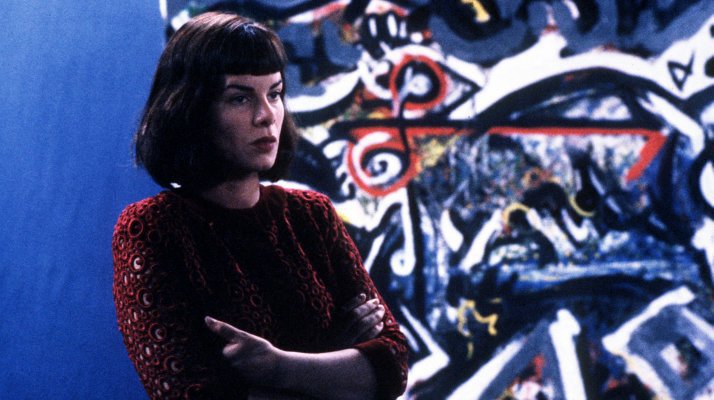
Whilst first time director and lead actor Ed Harris crafts a superb portrayal of the tormented artist Jackson Pollock, it is Marcia Gay Harden as the bohemian’s wife Lee Krasner who truly shines in 2000’s “Pollock”. Acting as the key figure in the revival of beleaguered yet talented artist’s life, Harden’s Krasner picks him up at his lowest and acts not only his wife, but his inspiration, caretaker, companion, sparring partner, and essentially his saviour.
Filling the role with a profound depth and fierce intrigue, Marcia Gay Harden adds the indispensable heart and sensation it was otherwise lacking to give the piece the necessary weight to elevate proceedings as Pollock’s less celebrated artistic wife.
Away from her stunning standalone performance, her on screen chemistry with Ed Harris is impeccable, as she mesmerisingly plays the caring yet infuriated wife, she goes toe to toe with the actor-director’s Jackson and effortlessly comes out on top. A performance that rightfully gifted her an Academy Award for best supporting actress.
Memorable Quote: “I thought I knew all the outstanding artists in New York, and I don’t know you Jackson Pollock.”
23. Michelle Williams in My Week with Marilyn (2011)
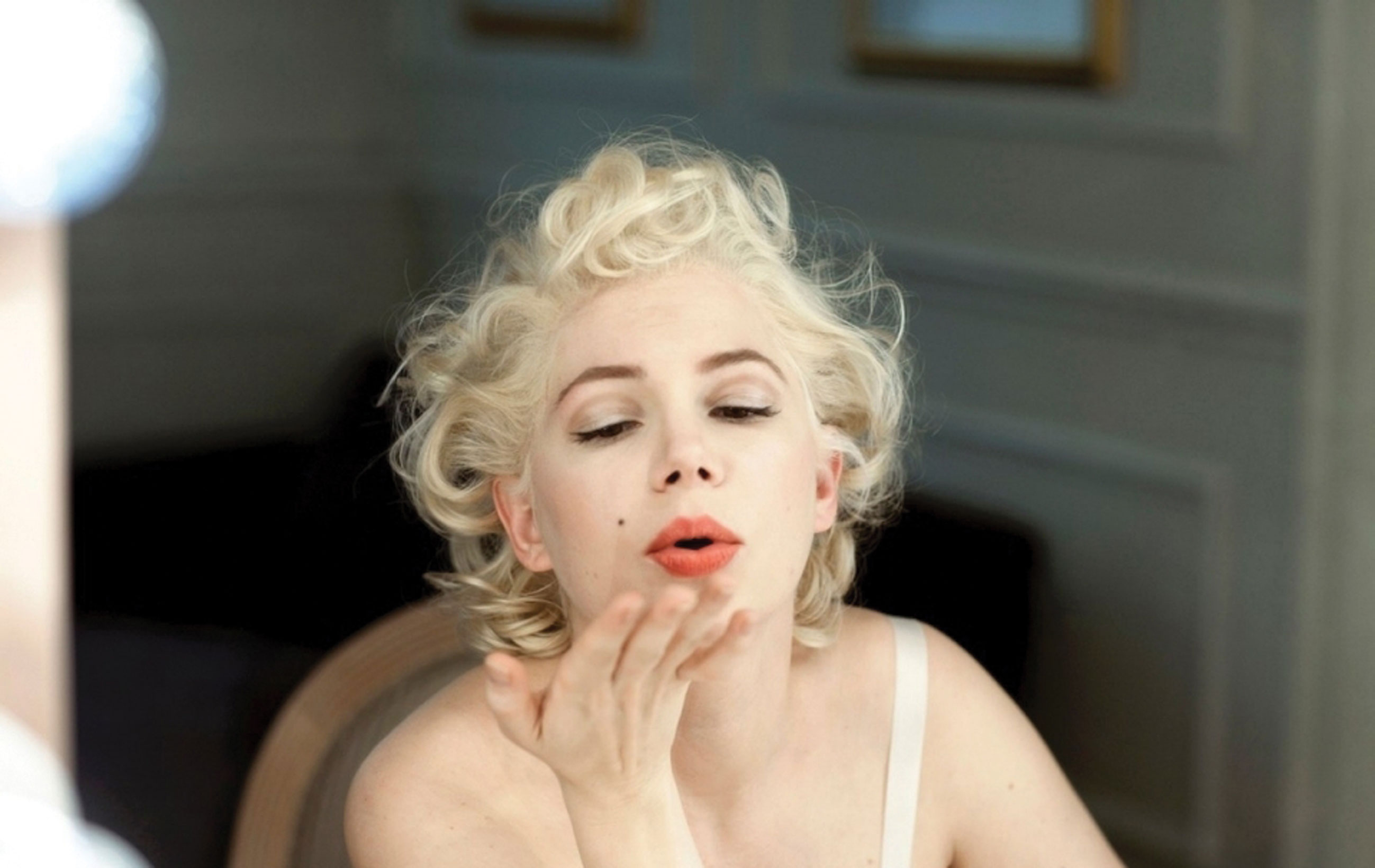
A somewhat fluffy and superficial encounter that focuses on the tense relationship between Sir Lawrence Olivier and Marilyn Monroe during the filming of the 1957 romantic feature, “The Prince and The Showgirl”, the tale is told from the eyes of Colin Clarke, a member of Olivier’s team who becomes infatuated by the intriguing actress.
However, what the script “My Week with Marilyn” lacks in depth and gravitas, it makes up for in outstanding performances, from the rising talent of Eddie Redmayne as Colin Clarke, Kenneth Branagh as Olivier, and most notably, Michelle Williams as the absorbing Monroe.
Originally turned down by Scarlett Johansson, Michelle Williams’ Monroe is simply magnetic, perfectly capturing the unsolvable curiosity of the beautiful star’s peculiar persona. An actress and model who captivated people wherever she appeared, leaving a level of inquisitive intrigue and bemusement at every turn, never more so than in her ability to seamlessly mesmerise the male gender, whether that be intentional or not, and Williams hits these characteristic notes to a pitch perfect degree.
Memorable Quote: “All people ever see is Marilyn Monroe, as soon as people realise I’m not her, they run.”
22. Meryl Streep in The Iron Lady (2011)
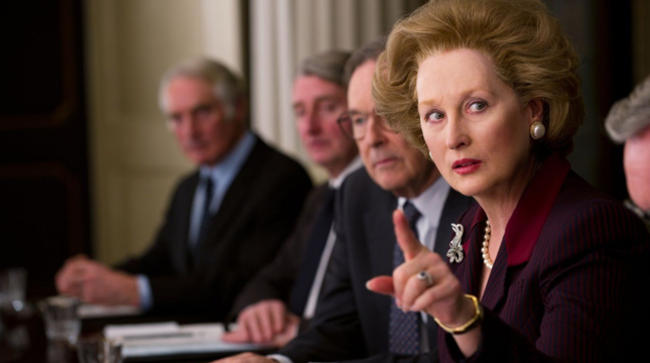
Margaret Thatcher, currently the only female British Prime Minister to date, a straight talking woman who stood up for what she believed in, overcoming social barriers surrounding gender, regardless of what people thought of her.
Yet despite her firm beliefs and successful advancements in empowering females and bringing equal rights to the forefront, she often proved herself to be detrimental to the United Kingdom, considered to be solely responsible for destroying the manufacturing industry, closing several pits in the North of England, mass unemployment, increasing the gap between the rich and the poor, as well as upping interest rates and taxes, whilst supporting barbaric causes such as capital punishment and homophobia.
Dubbed “The Iron Lady”, Thatcher was by no means an adored political figure, here, depicted by an almost unrecognisable Meryl Streep, the actress effectively succeeds in breathing an air of compassion and identification into her, whilst still keeping the stoic and aggressively devoted attributes that were always more at the head of the politician’s public appearance.
As we see her converse with her recently departed husband, played by Jim Broadbent, with glimpses of her upbringing and rise to power, the enthusiastic yet disliked leader of the Conservative Party almost becomes relatable to, sending strong messages of standing your ground and fighting for what you believe throughout your life.
Memorable Quote: “It used to be about trying to do something. Now it’s about trying to be someone.”
21. Idris Elba in Mandela: Long Walk to Freedom (2013)
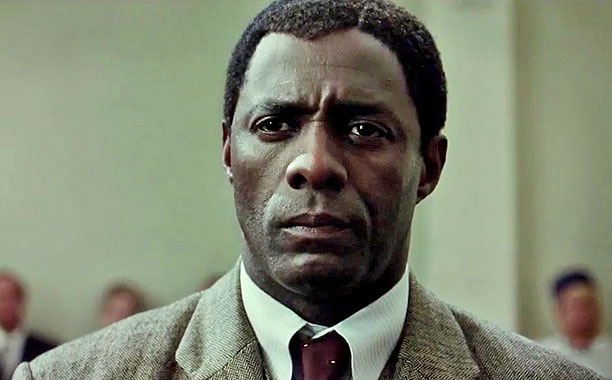
Snubbed by a number of high profile award ceremonies, and receiving considerably mixed reviews by critics, “Mandela: A Long Walk to Freedom” was never the enormous powerhouse biopic that director Justin Chadwick expected it to be.
The piece audaciously depicts the varied and eventful life of Nelson Mandela, from his rural village upbringing, through to his days as an activist and subsequent imprisonment, and eventual election as the President of South Africa. Courageously opting to explore the world famous man’s entire life rather than selecting a fundamental section, it was often criticised for not having the necessary depth or complexity, whilst at times being disjointed and incomplete.
Yet for all its failings in direction and screenplay, the one thing that can’t be denied is Idris Elba’s towering performance. Immensely helming the film clear of complete disaster with a truly monumental depiction of one of the most influential and pioneering men of all time.
Starting as a young man standing up for what he believes in, right through to the unbroken and unbent political figure he eventually became, Idris Elba’s interpretation is dominating and compelling, doing his subject matter more than adequate justice.
Memorable Quote: “No one is born hating another person because the colour of his skin. People learn to hate, they can be taught to love, for love comes more naturally to the human heart.”
20. Eddie Redmayne in The Theory of Everything (2014)
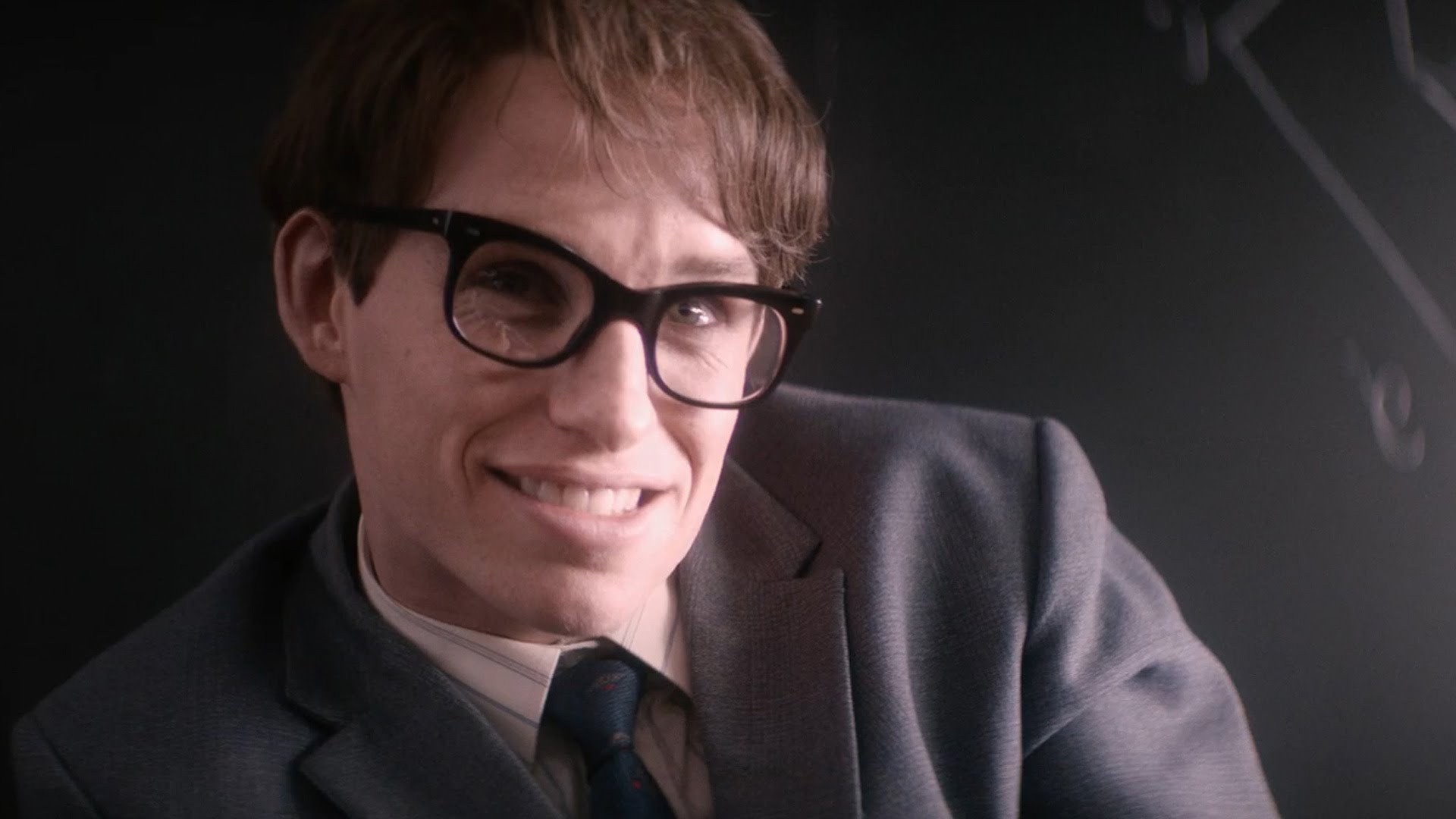
Adapted from wife Jane Hawking’s autobiography “Travelling to Infinity: My Life with Stephen”, “The Theory of Everything” is a bitter sweet love story that opts to predominantly focus on the physicist’s tender yet strained relationship with his enduring and committed wife, as they both come to terms with his deteriorating health over the years, as opposed to Hawking’s better known scientific achievements.
A charming tale of romance when the pair meet at university ahead of Hawking’s diagnosis, both Eddie Redmayne and his onscreen companion Felicity Jones are electric as the young lovers, their chemistry being the finest aspect of the piece, but is only when Hawking’s condition exacerbates that it becomes clear that Eddie Redmayne is provided an acting masterclass far surpassing his years.
A near perfect depiction by Redmayne, his impeccable body language and take on the harrowing deterioration of Hawking at the hand of his misfortune, which was a rare disease in the form of an early-onset, slow-progressing Amyotrophic Lateral Sclerosis in flawless.
Redmayne’s performance is continuously breath taking as the film proceeds, providing adequate levels of compassion, distress and tasteful humour in the early stages prior to his eventual acceptance of his condition in later life, giving a thoughtful and considerate study of the physicist’s life by the fledgling actor.
Memorable Quote: “There should be no boundaries to human endeavour. We are all different. However bad life may seem, there is always something you can do, and succeed at. Whilst there’s life, there is hope.”
19. Benedict Cumberbatch in The Imitation Game (2014)
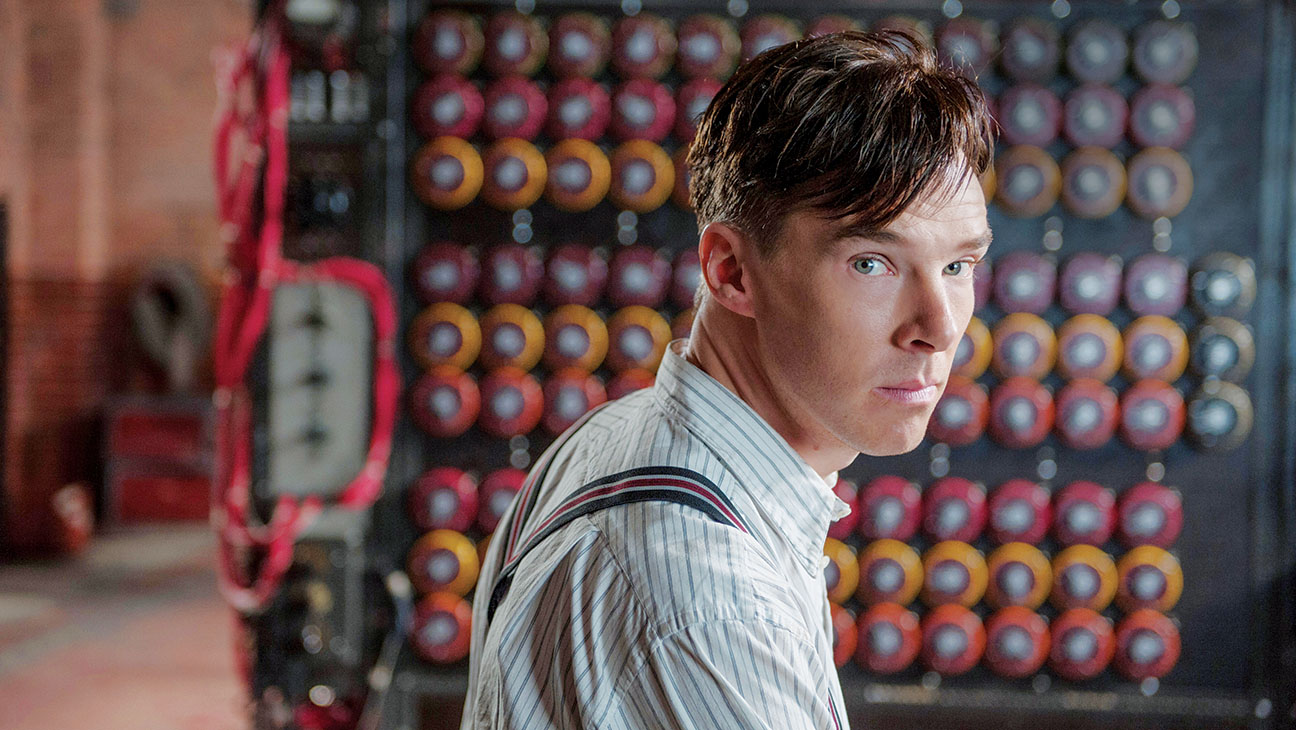
“The Imitation Game” is a tribute to the unsung hero, Alan Turing, an unlikely protagonist of World War 2, who along with a team of scientists and mathematicians productively managed to engineer a machine that could successfully crack Nazi Germany’s enigma code, in turn, deciphering cryptic messages sent by the enemy forces.
Aside from the technological advancements, the remainder of the film centres around the innovative man’s private life, and as a gay man in the homophobic era of the 1940’s was horrifically punished by the state despite his fundamental achievements and efforts to end the war.
Entirely convincing and fascinating, the diverse Cumberbatch’s thought-provoking lead performance as the wronged codebreaker imbues the anger and frustration necessary upon his devastating prosecution due to apparent gross indecencies, suffering at the hands of homophobic laws, he was forced to undergo chemical castration, as well as a prison sentence.
Prior to his harrowing end, his charismatic mathematician and enigma cracking genius is an arrogant and highly confident intellectual, a dubious yet captivating hero, which are characteristics that the actor works with best, taking elements of his past created characters found in “Sherlock” and “Tinker Tailor Soldier Spy”.
Memorable Quote: “I like solving problems, Commander. And Enigma is the most difficult problem in the world.”
18. Michael Fassbender in Steve Jobs (2015)
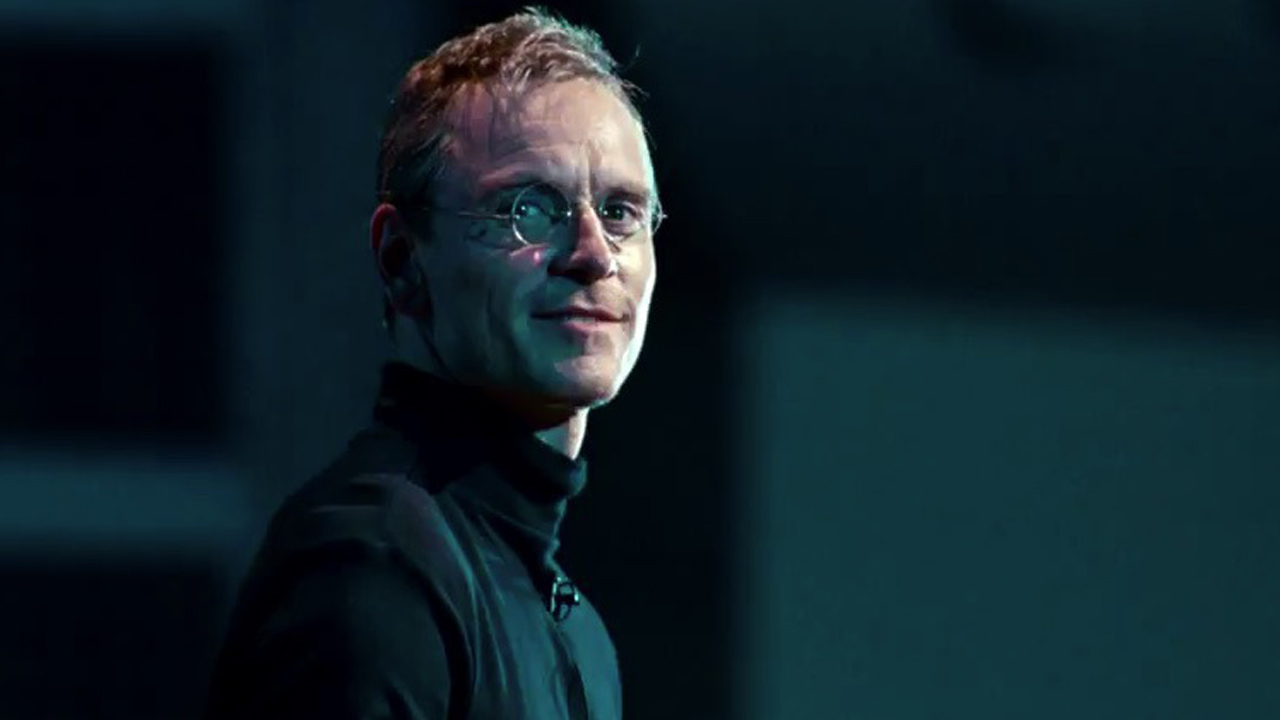
Capturing three key moments from the titular CEO of Apple’s subsequent ascent to fame and success, ultimately ending with the 1998 unveiling of the iMac, “Steve Jobs” most fundamentally outlines the business tycoon and developers negative personality attributes, depicting him as an egotistical, megalomaniac whose firm loyalty and passion to his own creation and iconic brand is unwavering regardless of who gets hurt along the way, as audiences witness him disregard his own family, co-workers and lifetime friends in the name of power and innovation.
By no means is he a likeable individual, the impudent Steve Jobs is alluringly rendered by Michael Fassbender. An overconfident, obsessive, and stubborn creation, Fassbender’s arrogant Jobs is breath taking to witness.
A performance fully committed to the role, he seamlessly transitions into the brash and zealous computer designer with enthusiasm and ease. In turn, producing one the finest performances to date by the German-Irish star, matching his previous biopic film role which was an equally impressive turn as the Irish Republicant Bobby Sands in Steve McQueen’s 2008 prison drama “Hunger”.
Memorable Quote: “You didn’t have seconds, you had three weeks. The universe was created in a third of that time.”